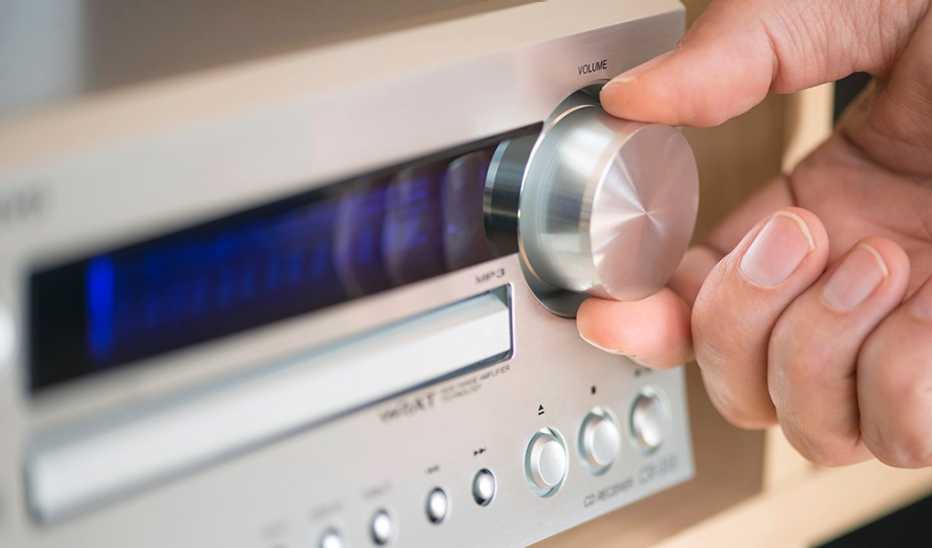Challenges


Quick Win
Set aside time to play a beloved old album or explore a new music genre. Your brain and mood may benefit.
Try This Today
- Cue up some favorites. Well-worn tunes, especially music from your early years, may trigger memories and connections throughout your brain.
- Change your tunes. Branch out from rock ’n’ roll and give hip-hop or Latin music a try. If you’re a classical music buff, put on some country. Scroll through our “Exploring New Music” section for more ideas.
- What rings your bell? Everyone is different. Notice how various music styles and tempos make you feel and tailor your tunes accordingly. If you find the guitar solos in classic rock aren’t the vibe you’re going for today, switch to upbeat pop or mellow jazz.
Why
“Where words fail, music speaks,” a saying attributed to Danish storyteller Hans Christian Andersen, captures music’s power to move us. Scientists are interested in the topic, too, and they’ve made some fascinating discoveries about music’s effects on the brain. The act of listening to music goes beyond the brain processing sounds; as an aesthetic experience, it can lead to feelings of happiness, according to a 2021 report in Brain Sciences. A 2020 report from AARP’s Global Council on Brain Health, “Music on Our Minds,” concluded that listening to music may help to enhance well-being, ease stress and improve mood.











More From Staying Sharp
The Brain-Gut Connection, Explained
Learn how your brain and gut are linked and how to support their health
Visual Cues to Manage Medications
These simple tricks will help you remember to take your pills each day
Find Your Keys Every Time
A little organization can go a long way